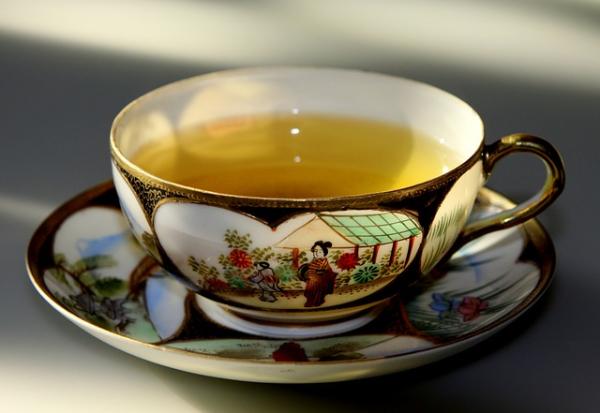I wrote the other day about genetic variations in the metabolism of alcohol in the Asian populations that result in flushing and discomfort very shortly after drinking. No surprise, those with that genetic variation and physiologic tendency just didn’t drink. A new study considers whether genetic variation may also result in seeking rather than avoidance. In this study, the authors again look at beverages, through the lens of taste, more specifically bitter and sweet.
The UK Biobank provides another 370,000 participants whose genes have been characterized and their diet, in this case, surveyed. The question they tried to answer was whether like the Asians and alcohol, there were genetic variants that made us favor bitter beverages, like coffee, tea, red wine, beer, and spirits; or sweet drinks like our current villain, sugary soda, or fruit juices (other than grapefruit, which is in the bitter beverage category).
In a bit of a change in protocol for GWAS (genome-wide association studies) after identifying variants in the European population, they sought to replicate the variants in three datasets of Americans – enhancing the range of genetic variants they considered. They ultimately identified 17 genetic sites, twelve previously identified. They were able to associate genetic variations with bitter alcoholic and non-alcoholic beverages, coffee and there was one genetic variation associated with sugary beverages. No locus was associated with sweet beverage consumption in aggregate, or for grapefruit juice or tea.
The results were not a “hot-mess” so much as not revealing a particular pattern. They concluded that genes related to alcohol and coffee consumption were the “primary genetic determinants of bitter and sweet beverage consumption,” a somewhat circular finding. The authors also indicated that genetic variants in taste, rather than consumption, have not been identified. There is no smoking gun taste gene to account for our dietary choices; they remain a complex mixture of taste, availability and cultural preference.
Cultural preference does appear to have genetic interactions though. The researchers did find genetic variants, near “caffeine-related loci,” associated with tea consumption, but only in the UK population, not in the American genetic data.
When the researchers looked at genes associated with body mass index (BMI), they found, as had others, that a genetic variant of FTO, a gene coding for an enzyme, is associated with a tendency towards obesity. Those FTO variants related to being overweight were associated with higher coffee consumption and lower, yes I said lower, consumption of sugary beverages. Unlike the Asian genetic difficulty with alcohol, the European genetics of sugary beverages and weight, are less direct and influenced by other factors.
Genetics, at this juncture, can explain about 1% of the phenotypic variations we see in food choices – our dietary choices and their consequences remain, if I may borrow a term for social psychologist Johnathan Haidt, a “wicked problem”
“when analysts come to them they bring preconceptions. Analysts come knowing what solutions they want … the more experts study a problem, the more white papers they write, the further we get from a solution because now there’s more and more evidence on each side.” [1]
[1] Jonathan Haidt, Ezra Klein and the Nature of Wicked Problems
Source: A genome-wide association study of bitter and sweet beverage consumption Human Molecular Genetics DOI: 10.1093/hmg/ddz061




